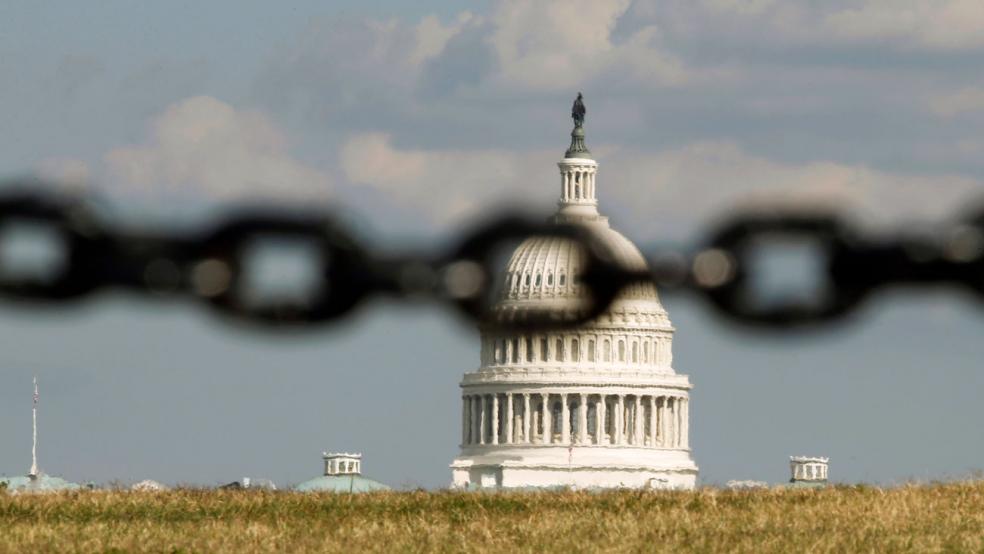The multiple annoyances that pile up when the federal government is forced to shut down over political battles in Washington are pretty well known. National Parks are closed to visitors, government contractors face uncertainty about payment and millions of people find themselves temporarily without either work or the guarantee of a timely paycheck.
However, when Congress comes back next week, with only a few days to spare before the executive branch’s spending authority runs out on April 29, lawmakers will have a different incentive for finding a way to get a deal done: tax refunds.
Related: Why Trump May Eliminate a Tax Deduction Claimed by Millions
Every year, millions of Americans anxiously await the annual infusion of cash from the Internal Revenue Service when it pays back excess withholding from the previous year. (Why so many Americans are happy to grant the IRS what amounts to an interest-free loan is a question for another day.) However, according to the Center for American Progress, a government shutdown could make that wait drag on a lot longer.
According to CAP’s Alex Rowell and Harry Stein, the last shutdown in 2013 had a major impact on the ability of the IRS to conduct its day-to-day business. “During this shutdown, more than 90 percent of workers were furloughed at the IRS. As a result, $2.2 billion worth of tax refunds to individuals were delayed. This was not the only impact of the shutdown at the IRS: Taxpayers were unable to receive tax help from in-person sites or by phone, the IRS could not verify incomes for people attempting to buy a house or get a loan, and $1.5 billion in refunds to businesses were delayed.”
Extrapolating out to a similar situation in 2017, they estimate that “nearly $8 billion in individual income tax refunds would be delayed in the event of a two-week government shutdown. This would affect 2.5 million families who would otherwise be receiving a refund during those weeks.”
Rowell and Stein, pointing to a survey conducted by BankRate, note that the delay of a refund check by even a few weeks could have a serious impact on families that had been counting on those funds to settle debts or for other significant expenses.
Related: Real Tax Reform Is Eluding Trump—Will He Go for the ‘Candy Option’?
According to BankRate, “Overall, 30 percent of Americans intend to pay down debt with their tax refund, 28 percent say they will save or invest it, and 26 percent have earmarked those funds for necessities such as food or utility bills.”
Elaine Maag, a senior research associate at the Tax Policy Center in Washington, observes that any delay would compound the effect of changes that already have the IRS running behind schedule and would disproportionately affect lower-income households.
“In years past, low- and moderate-income families were quick to file, often when tax season first opened in January,” she writes. “By the first week of February in the 2014 – 2016 filing seasons, the IRS had already processed over 17 million returns – sending out average refunds of about $3,300. But this year, after Congress slowed the processing of returns that reported the [Earned Income Tax Credit] or [Additional Child Tax Credit], fewer than 7 million had been processed by the first week of February.”
If Congress is looking for a way to lower its already dismal approval ratings, stringing along taxpayers who want their money back is a surefire way of doing it.





